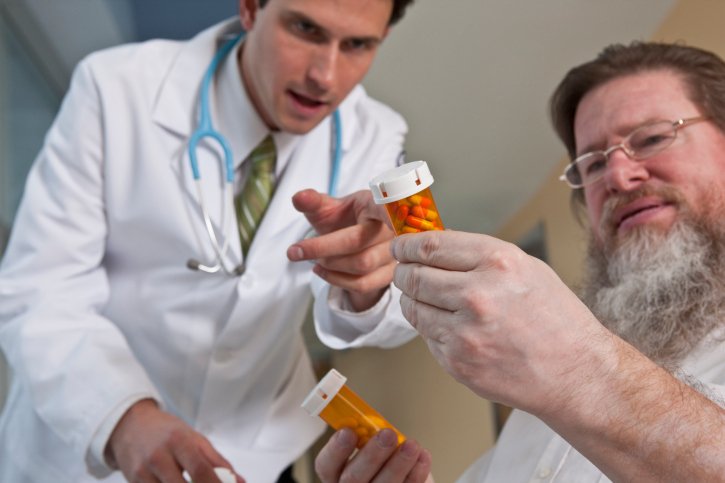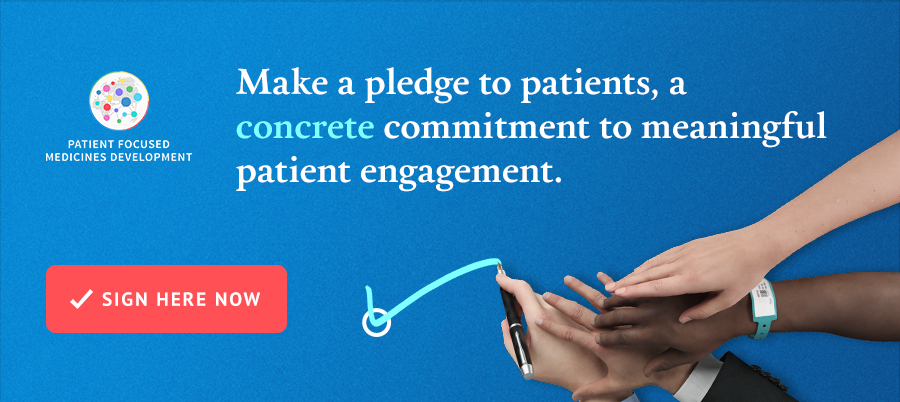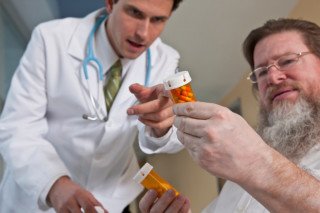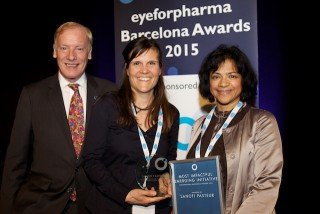
Would you value having a voice in the development of your current/future medicines or treatments? In some countries, with some diseases, patients already have a voice in how the medicines and treatments that will help them are developed; in others they have none.
Giving patients a voice is more than just involving patients. Empowering patients to actively participate throughout the drug development lifecycle brings significant benefits to both patients and pharmaceutical companies, as Jan Geissler, director of the European Patients’ Academy on Therapeutic Innovation, EUPATI, explains. “This is all about getting better medicines to the market, medicines that patients really need. Patient involvement in medicines R&D reduces waste from drugs that nobody needs or from drugs that fail too late – when they discover at the end of phase 3 trials that they just don’t work.”
EUPATI’s focus is on empowering patient advocates to get more deeply involved in medicines R&D by giving them the knowledge that will enable them to participate actively throughout the whole development lifecycle – from scoping and target profiling, through clinical trial design, gap analysis and recruitment, and beyond. “We want them to engage with all the different stakeholders on an empowered level,” reveals Geissler. “We want them to be able to understand the whole process so they can bring the patient voice in effectively. We want them to work with academic researchers and industry researchers, to talk to regulators and other medicines agencies.”
The first 50 patient advocates will begin their 14 months of training in October, with a second group following a year later. The patients were chosen from more than 300 applicants. Geissler adds: “We looked at geographic spread, spread across different disease types and education areas, gender spread, and prior knowledge. We used about 10 different criteria to make sure the impact is spread across all diseases, all organizations, and all countries.”
A challenging course to build
The EUPATI Patient Expert Training Course covers 110 different topics. Participants will learn about pre-clinical development, clinical trials, pharmacovigilance, technology assessment, risk-benefit analysis, and all the things that are involved in the development lifecycle of new drugs.
Building the content for the course has been quite a challenge. “There is a huge amount of material,” elaborates Geissler. “We coordinated the project centrally. An editorial team consisting of people from the three different stakeholder groups – industry, academia, and patients – reviewed all the content. A regulatory task force consisting of representatives from different medicines authorities of different member states then helped us review the content from a regulatory standpoint.”
The training course is truly pioneering. Never before has there been such a comprehensive in-depth medicines R&D training program aimed at patients. Geissler hopes it will create a strong movement to establish the patient voice for diseases and in countries where there is not yet an established model. “We are collecting cases where companies and research groups are already involving patients. We are sharing those stories to help people learn about the opportunities this brings. It is already creating a lot of momentum and discussions in the community.”
How involved would you like to be in the development of treatment and medication?






Leave a comment